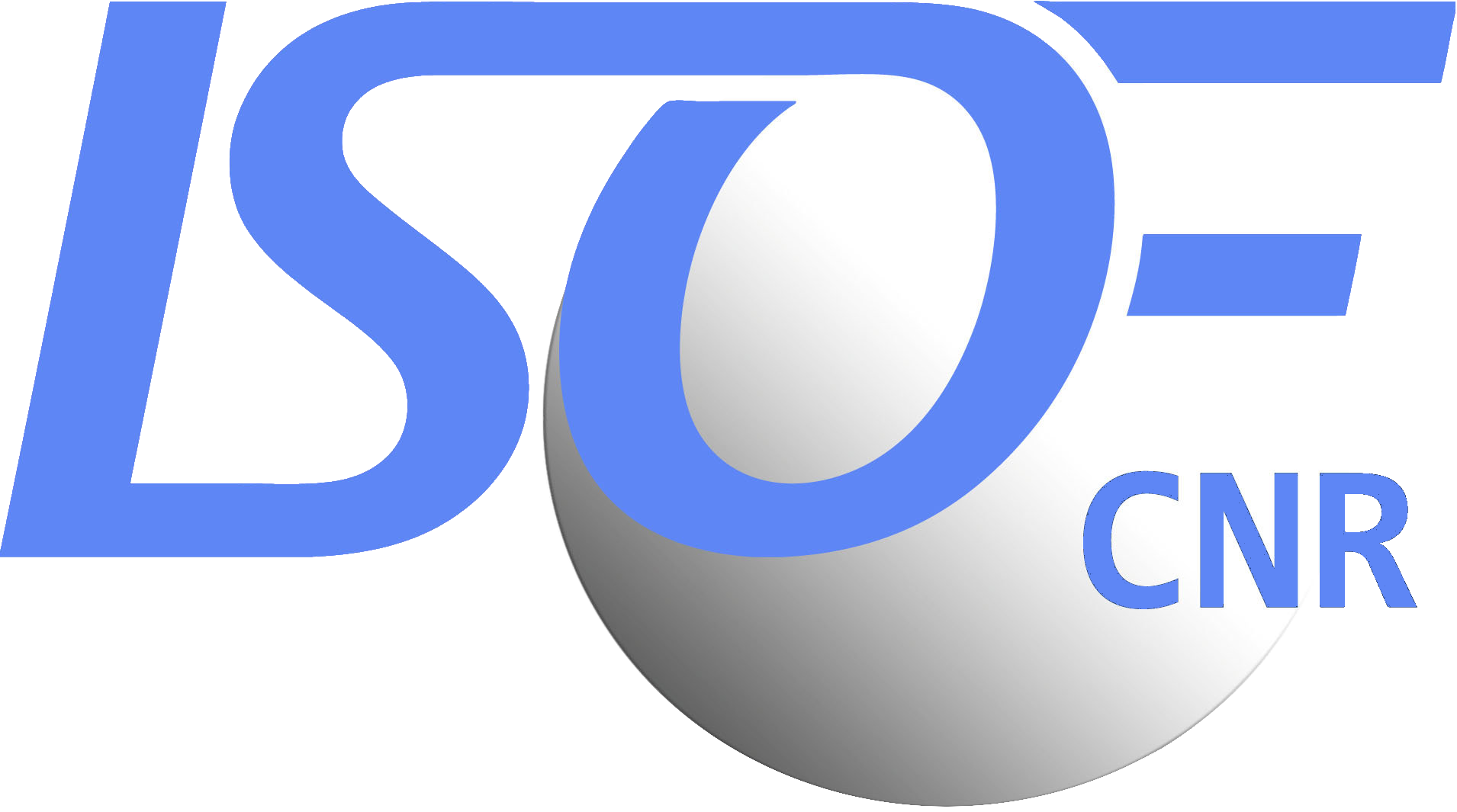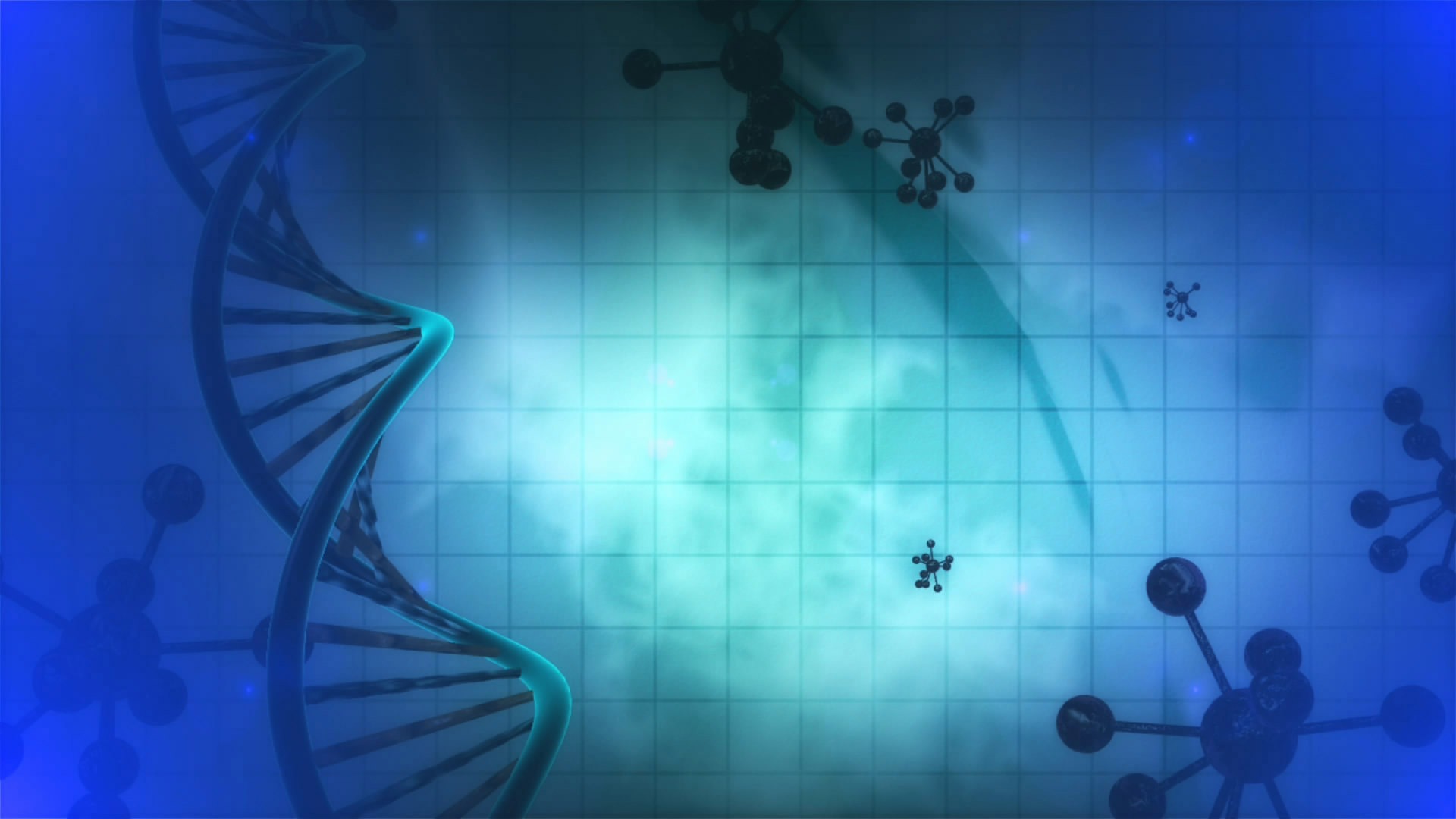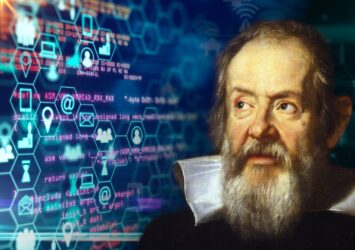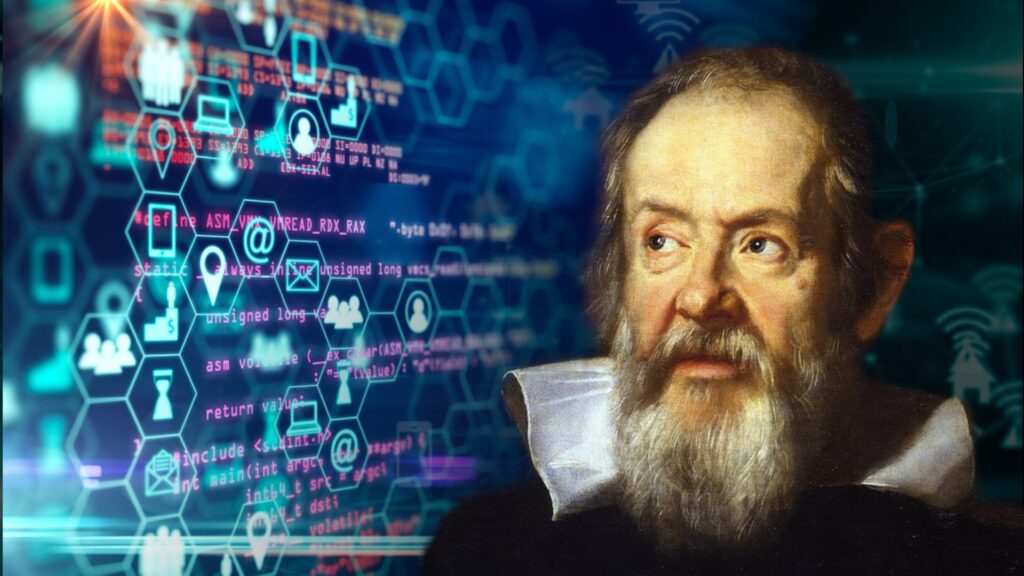
(English version below)
Lunedì 18 dicembre 2023 l’Aula Magna dell’Università di Pavia ha ospitato la seconda edizione della Christmas Lecture 2023, organizzata dall’Associazione Science is Cool, dall’Associazione Democrito ETS e dall’Università di Pavia.
Vincenzo Palermo, Direttore dell’istituto per la Sintesi Organica e la Fotoreattività (ISOF) di Bologna e professore associato presso la Chalmers University of Technology in Svezia, ha presentato un seminario sul tema “Galileo e le false verità”.
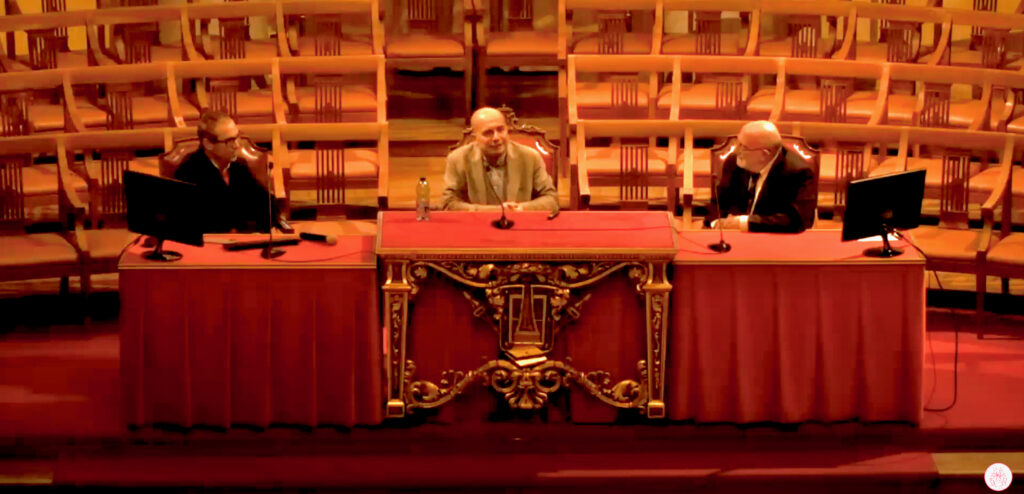
Attraverso un viaggio tra passato e presente incentrato intorno alla figura di Galileo Galilei, Vincenzo Palermo ha mostrato come una teoria può resistere o crollare di fronte alle evidenze sperimentali. Un’occasione per riflettere sul valore del metodo scientifico e della scienza nel contesto attuale.
Galileo Galilei è forse lo scienziato italiano più noto al mondo, per i suoi studi meccanici e astronomici e per essere stato il primo uomo ad aver usato il cannocchiale nello studio dell’universo. I suoi straordinari successi, e quelli di tanti altri dopo di lui, erano legati al nuovo metodo scientifico da lui ideato. Andando contro la tradizione dei seguaci di Aristotele, Galileo dava rilevanza agli esperimenti in laboratorio e all’analisi matematica dei risultati, unico metodo valido per interrogare la Natura. Questo nuovo modo di fare ricerca sarà fondamentale per la rivoluzione scientifica, iniziata nel Cinquecento, e per la rivoluzione industriale del Settecento.
Oggi che una grande quantità d’informazioni è disponibile grazie a internet e alle dinamiche tipiche dei social media, il metodo scientifico e la fiducia nella scienza sono messe in discussione da sostenitori di teorie non scientifiche e da cospirazionisti di varia natura. È forse la fine del metodo galileiano? In questa lezione il pubblico ha viaggiato tra presente e passato, utilizzando le scoperte di Galileo e le sue (dis)avventure per capire come una teoria può essere smontata, o no, dai fatti.
Video della Christmas Lecture disponibile su:
Related news:
Associazione “Science is cool”
ENGLISH TEXT:
On Monday, December 18th 2023, the Aula Magna of the University of Pavia hosted the second edition of the Christmas Lecture 2023, organised by the Science is Cool Association, the Democritus ETS Association and the University of Pavia.
Vincenzo Palermo, Director of the Institute for Organic Synthesis and Photoreactivity (ISOF) in Bologna and associate professor at Chalmers University of Technology in Sweden, presented a seminar on “Galileo and the Fake news”.
Through a journey between past and present, centred around the figure of Galileo Galilei, Vincenzo Palermo showed how a theory can stand or fall when faced with experimental evidence. An opportunity to reflect on the value of the scientific method and science in today’s context.
Galileo Galilei is perhaps the most famous Italian scientist in the world for his studies on falling weights and the motion of the planets, the first man to have used the telescope to study the universe. His extraordinary successes, and those of many others after him, were due to the new scientific method he used. Galileo, going against the doctrine of Aristotle’s followers, gave full importance to practical experiments and mathematical analysis of the results, the only valid way to question Nature. This new way of doing research would eventually lead to the scientific revolution in the 16th century, and the industrial revolution in the 18th century.
Today, when a vast amount of information is available thanks to the internet, thanks also to the typical dynamics of social media, the scientific method and trust in science are being challenged by supporters of non-scientific theories, from flat-earther to conspiracy theorists of various kinds. Is this perhaps the end of the Galilean method?
In this lesson the public travelled between the present and the past, using Galileo’s discoveries and his (dis)adventures to understand how a theory can be debunked, or not, by facts.
